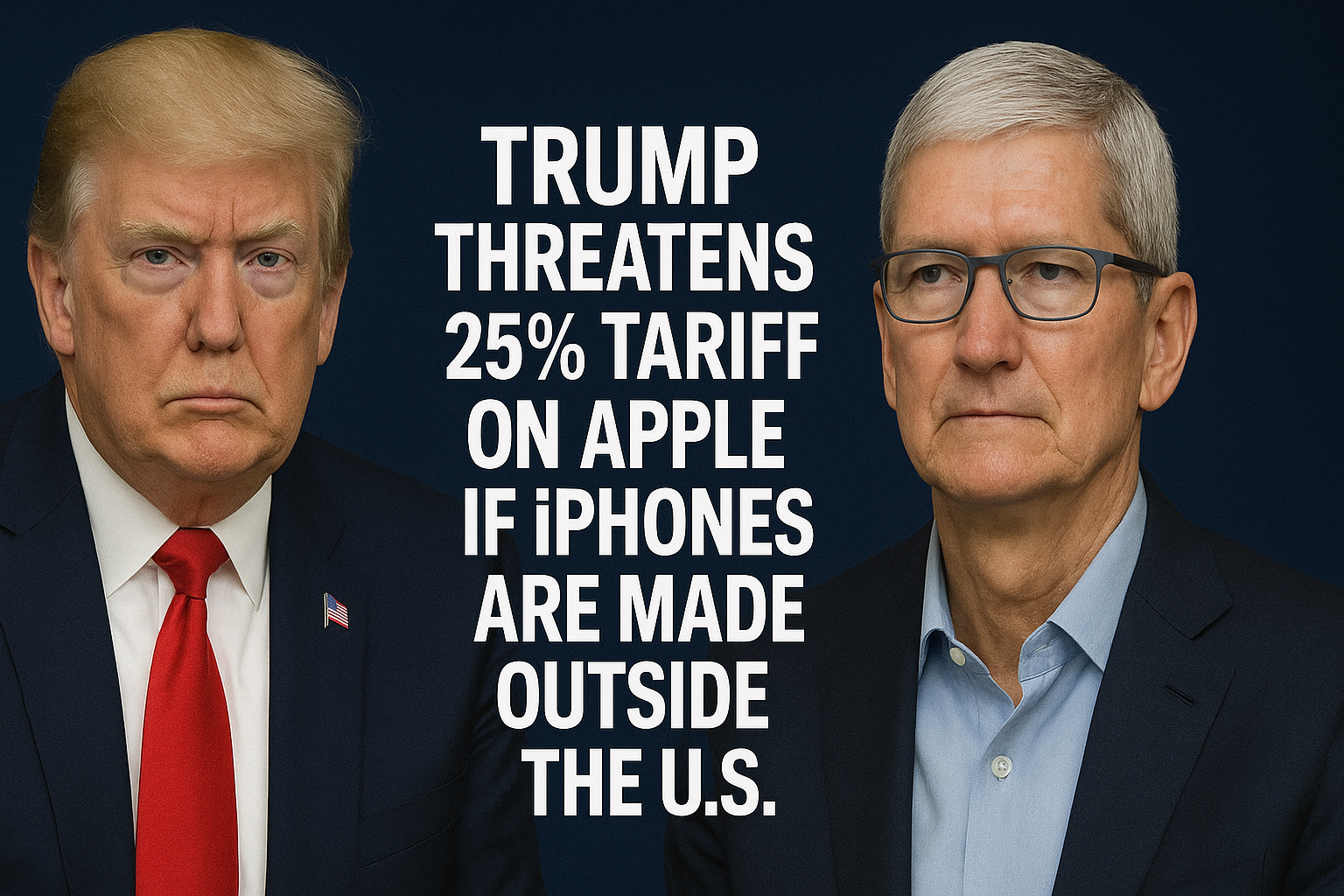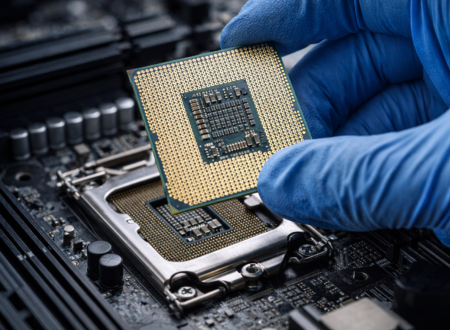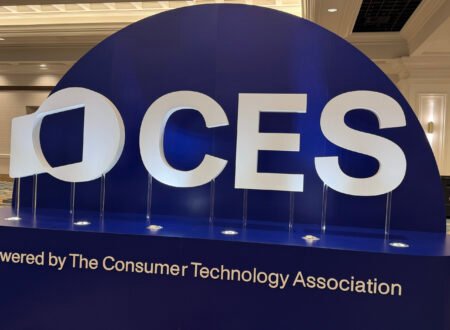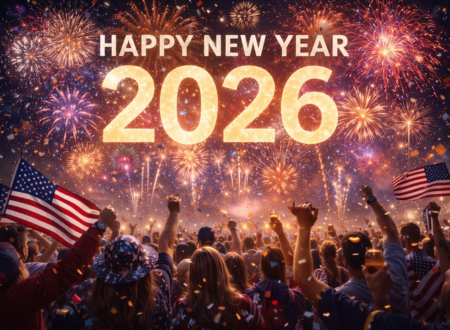President Donald Trump on May 23 threatened to impose a 25 percent tariff on any iPhones or comparable smartphones from makers such as Samsung manufactured outside the United States including recent expansions in India . The levy set to take effect by the end of June hinges solely on production location Devices built domestically would escape the tariff while exports from India China or elsewhere would incur a hefty 25 percent duty
Trump Warns Tech giants Apple and Samsung Move Production to U.S. or Face 25% Tariffs
Trump’s announcement on his Truth Social platform builds on his long standing push for reshoring US manufacturing He explicitly urged Apple CEO Tim Cook to relocate iPhone assembly back to the United States warning that “If that is not the case a tariff of at least 25 percent must be paid by Apple to the US” Samsung and any other smartphone makers would face the same duty “otherwise it would not be fair” he added
This targeted threat diverges from broader tariff measures paused in April which included a 10 percent baseline tax on most imports and a 30 percent surcharge on Chinese goods by zeroing in on high profile tech firms and linking the tariff strictly to production location
Supply Chain and Cost Analysis
- India’s Growing Role In fiscal 2025 India accounted for roughly 18 percent of global iPhone production with projections rising to 32 percent by year end as Foxconn invests USD 1.5 billion to expand Chennai facilities
- Cost Differential Industry estimates suggest that assembling an iPhone in India remains significantly cheaper than in the US even after a 25 percent tariff Relocating production stateside could add tens of billions in capital expenditure and push average retail prices toward USD 3 000 per device versus USD 1 000 at present
- Supply Chain Risks Diversification into India emerged following pandemic related shutdowns in China and escalating US China trade tensions A new US tariff could compel Apple and Samsung to re evaluate their pivot to South Asia potentially reigniting concentration risk in East Asia
Legal and Political Implications
Trump’s authority to impose unilateral tariffs rests on a blend of trade statutes and emergency powers During his second term he leveraged Section 232 of the Trade Expansion Act and the International Emergency Economic Powers Act IEEPA to enact steel aluminum and auto tariffs A similar legal rationale could underpin this smartphone duty
However multiple pending lawsuits already challenge the administration’s use of emergency powers with courts scheduled to hear cases such as V O S Selections Inc v Trump and Oregon v Trump in mid May 2025 Scholars predict vigorous challenges if the president singles out specific firms under national emergency authority arguing that Congress not the executive holds tariff setting power
Domestic and International Reactions
- US Markets Apple’s share price fell over 3 percent immediately after the announcement while broader US stock indices slipped and the dollar weakened as investors braced for renewed trade frictions Gold climbed amid risk off flows
- European Union EU Trade Chief Maroš Šefčovič cautioned that unilateral US duties risk undermining trust in ongoing negotiations warning that “tariffs can go up and down in talks but broadside measures threaten stability”
- India New Delhi has offered financial incentives to bolster local electronics production and is reportedly considering mutual zero for zero tariff proposals on select auto parts to ease bilateral tensions Yet Indias electronics ecosystem supporting hundreds of component makers could face headwinds if US iPhone duties materialize
- Samsung Though headquartered in Korea Samsung’s flagship Galaxy models destined for the US are increasingly assembled in India The company has not publicly responded but similar cost benefit factors apply continued Indian output remains far more economical than US reshoring
Outlook
With the June deadline looming the key questions are whether Congress will endorse or curb the president’s tariff proposal and how rapidly Apple Samsung and others can adjust supply chains Legal battles over presidential tariff powers will likely play out in federal courts this summer while international partners weigh retaliatory options through the WTO or bilateral negotiations For consumers a 25 percent tariff on imported smartphones could translate into hundreds of dollars in additional costs reshaping the global tech trade landscape





